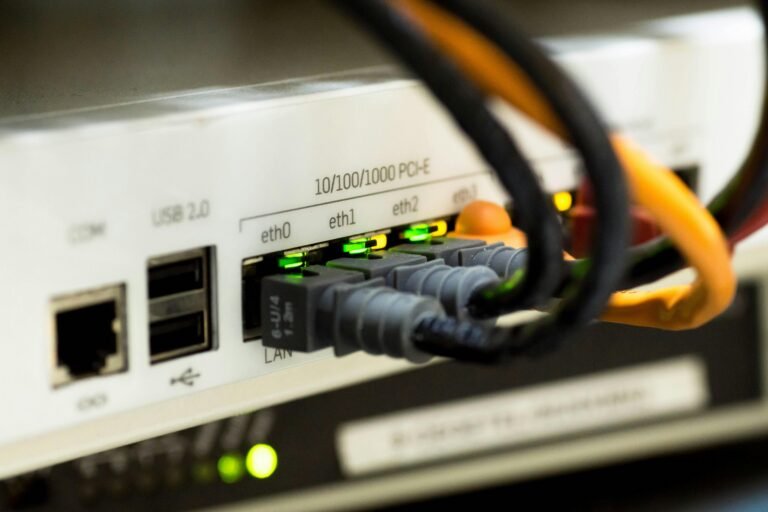Looking for the key differences between Wi-Fi and the internet? Many people use these terms interchangeably, but they are not the same thing. In this guide, we’ll break down Wi-Fi vs. internet in simple terms, explain how each works, and help you understand how they connect.

Wi-Fi vs. Internet: Understanding the Difference
Wi-Fi and the internet serve different purposes, but they work together to provide connectivity. Wi-Fi is the wireless signal that connects your devices to a local network, while the internet is the vast global network that allows you to access websites, stream videos, and communicate online. Simply put, Wi-Fi is how you connect inside your home, and the internet is what connects you to the outside world.
What is Wi-Fi?
Wi-Fi is a wireless networking technology that allows devices like laptops, smartphones, and tablets to connect to a local network without physical cables. It transmits data using radio signals and is typically provided by a router. Wi-Fi makes it possible to access the internet, but it is not the internet itself. You can have Wi-Fi without an internet connection, such as when streaming media from a local device or connecting smart home gadgets.
What is the Internet?
The internet is a vast global network that connects millions of computers, servers, and devices worldwide. It enables communication, online gaming, streaming, and web browsing. The internet is delivered to your home through an Internet Service Provider (ISP) via fiber, DSL, cable, or satellite. Your router then distributes this internet connection to your devices, often via Wi-Fi.
How Do Wi-Fi and the Internet Work Together?
While Wi-Fi and the internet are different, they work hand in hand to provide seamless connectivity. Your ISP brings the internet connection to your home via a modem, and a router distributes that connection wirelessly through Wi-Fi. Without an internet connection, your Wi-Fi network still functions, allowing you to share files between devices or connect to a printer, but you won’t be able to browse the web or stream online content. Understanding this relationship helps troubleshoot connectivity problems—if your internet is down but Wi-Fi is working, the issue is likely with your ISP, not your router.
Wi-Fi vs. Internet: Key Differences
| Feature | Wi-Fi | Internet |
|---|---|---|
| Definition | A wireless connection within a local network | A global network that connects devices worldwide |
| Requires ISP? | No, but it needs a router | Yes, provided by an ISP |
| Function | Connects devices within a home or office | Enables access to websites, apps, and online services |
| Can Exist Without the Other? | Yes, Wi-Fi can function without internet | No, internet needs a medium like Wi-Fi or Ethernet to connect to devices |
| Common Issues | Weak signals, interference, router range | Slow speeds, ISP outages, network congestion |
Common Misconceptions About Wi-Fi and the Internet
Many people mistakenly believe that Wi-Fi itself provides internet access, but Wi-Fi is simply a means of transmitting data wirelessly. Another common myth is that increasing Wi-Fi speed will improve internet speed—while better Wi-Fi can enhance local connectivity, your actual internet speed depends on your ISP plan and network conditions. Understanding these differences can help avoid confusion and improve your home network setup.
Tips to Improve Your Connection
For Better Wi-Fi: Place your router in a central location, reduce interference from other devices, and upgrade to Wi-Fi 6 for better speed and range.
For Faster Internet: Use a wired Ethernet connection for important tasks, upgrade your ISP plan if needed, and limit background downloads to free up bandwidth.
Optimize Both: Restart your router regularly, update firmware, and ensure your devices support modern Wi-Fi standards.
